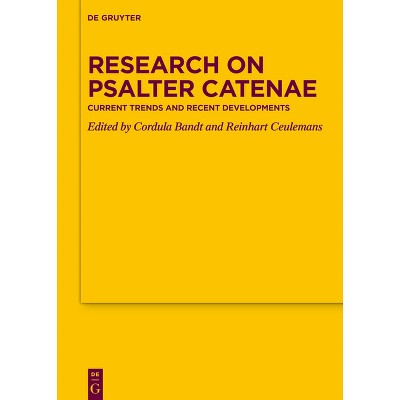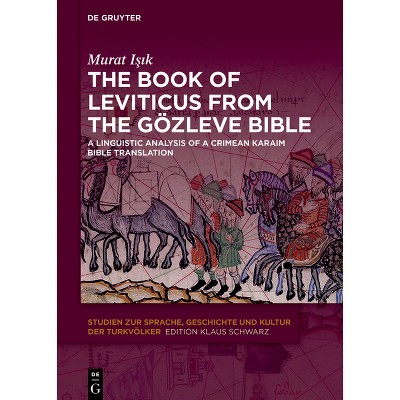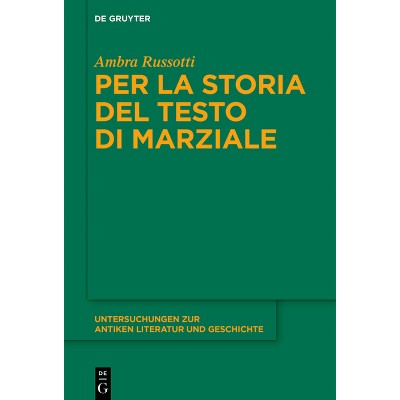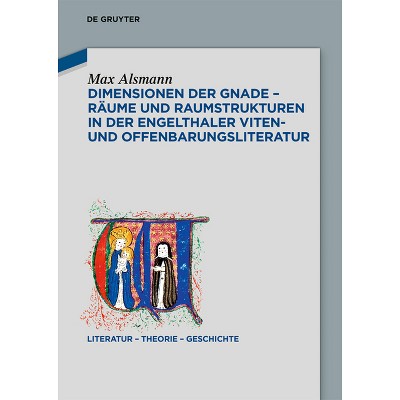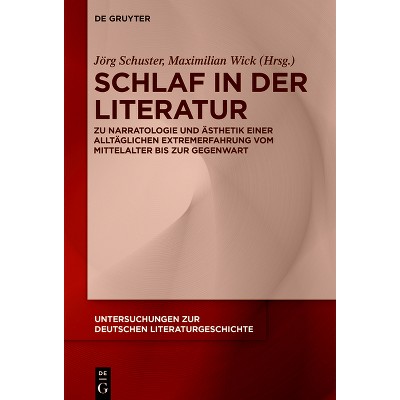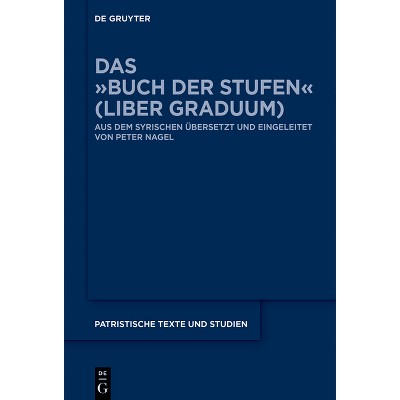The Speeches of Constantine and Eusebius - (Texte Und Untersuchungen Zur Geschichte der Altchristlichen) by Harold A Drake (Hardcover)

About this item
Highlights
- For centuries, Bishop Eusebius of Caesarea (c. 260-339 CE) was thought to have been a close confidante and advisor to his younger contemporary, Constantine the Great (r. 306-337).
- Author(s): Harold A Drake
- 222 Pages
- Religion + Beliefs, Christianity
- Series Name: Texte Und Untersuchungen Zur Geschichte der Altchristlichen
Description
Book Synopsis
For centuries, Bishop Eusebius of Caesarea (c. 260-339 CE) was thought to have been a close confidante and advisor to his younger contemporary, Constantine the Great (r. 306-337). Eusebius himself contributed to this image in his biography of that emperor, de vita Constantini (VC), in which he claimed the right to undertake this work on the basis of his closeness to the emperor. Modern scholars have greatly reduced this estimation of Eusebius's influence, and are aware that the bishop idealized his subject. But the VC remains the most important text for studying this reign, so the task now is to break the hermeneutic seal in which Eusebius encased the first Christian emperor.
Eusebius himself provides one means to do so. In the VC, he writes that he will append three speeches--one by Constantine and two of his own--to illustrate the emperor's piety and the level of his discourse. These speeches have been underutilized, because of doubts raised about their date, origin, and authenticity. In this book, these problems are carefully dealt with, opening the way for them to be used to separate Constantine's policies from the way Eusebius presents them in the VC.






